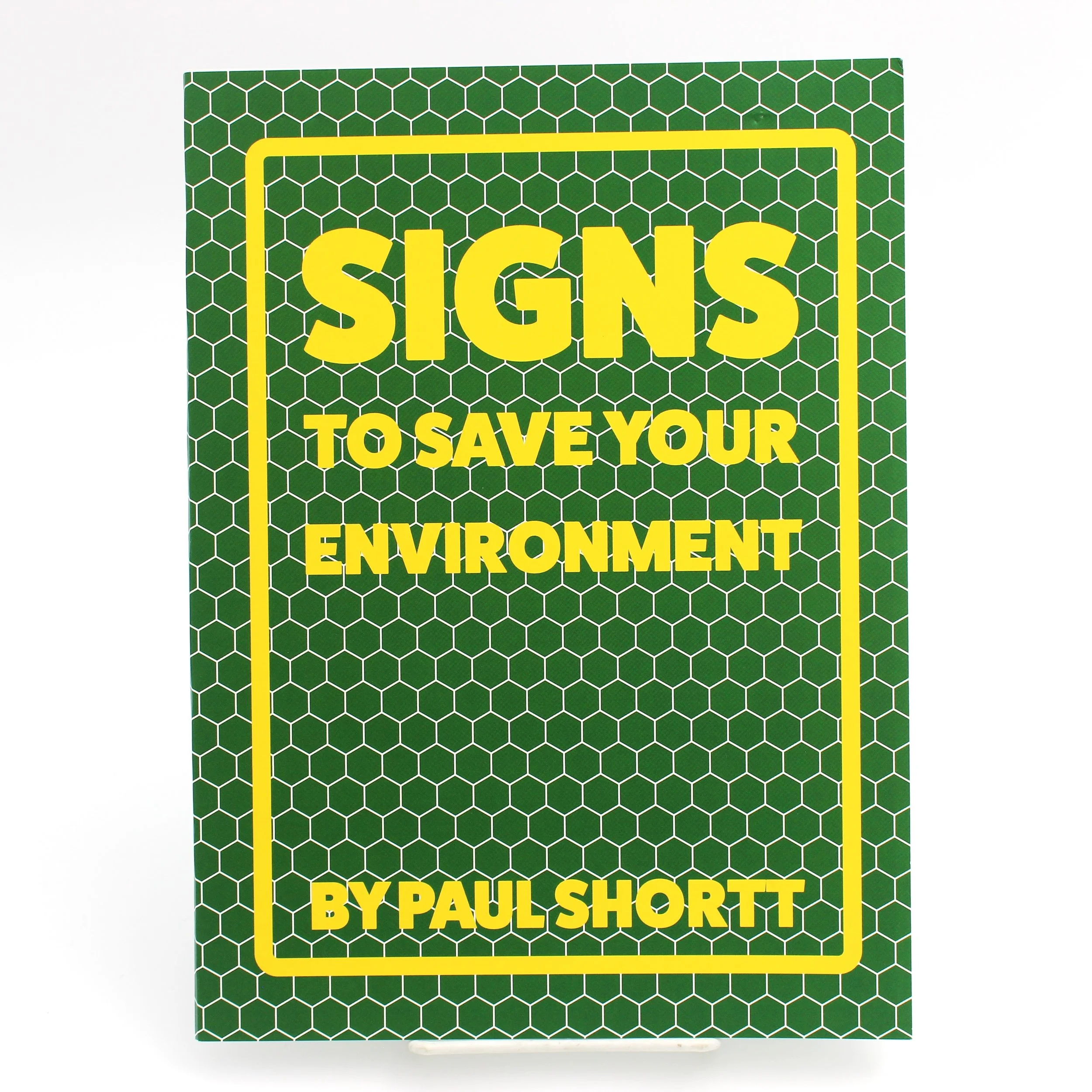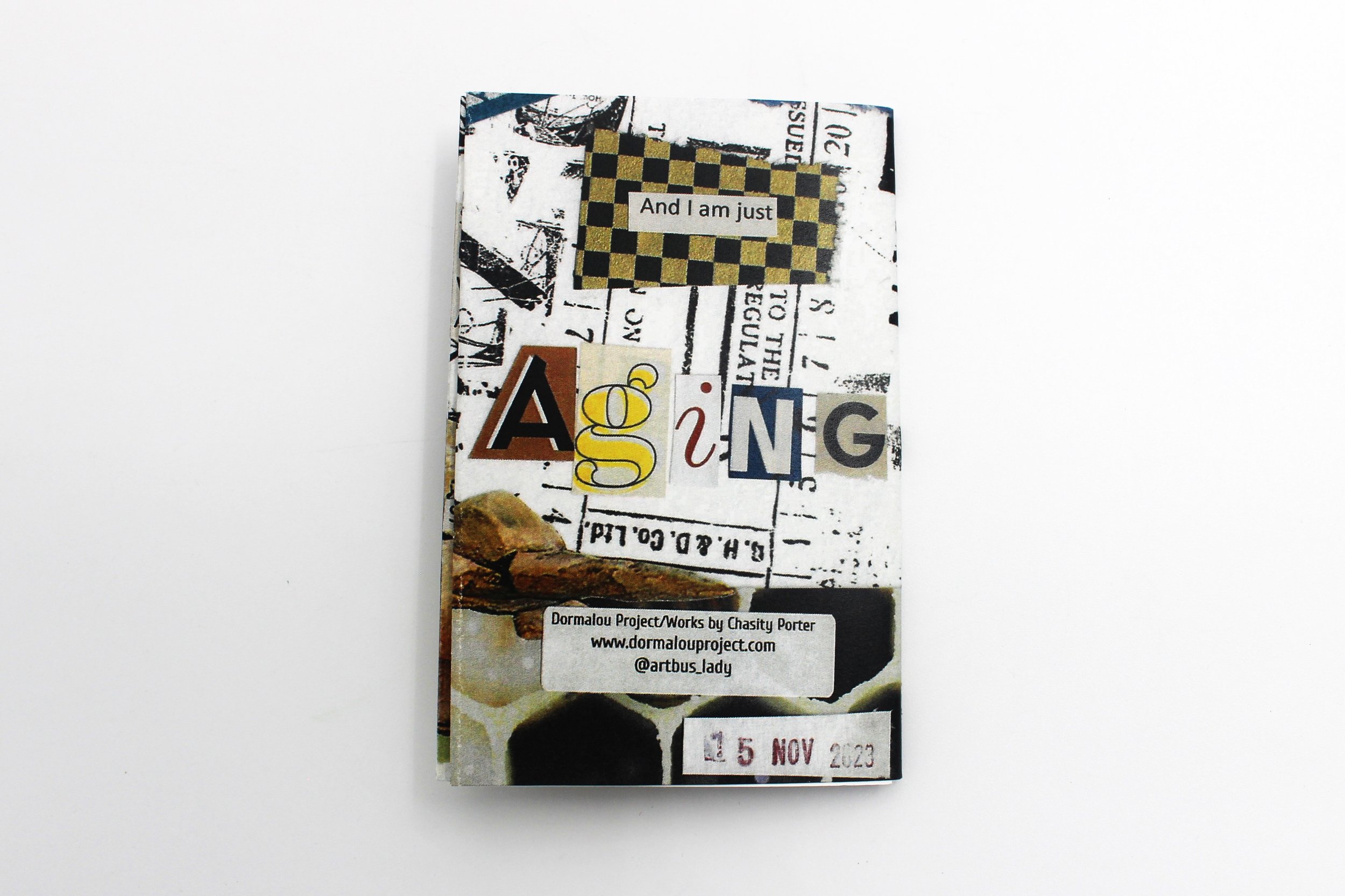Case Studies in Sustainability 1 by Priscilla Briggs
“I grew up eating organic vegetables grown in our one-acre family garden. We canned and froze most of what we grew to eat during the non-growing seasons. In the 1970’s, we were the weird ‘hippy’ family in our rural neighborhood at a time when the New York Times labeled Rodale (of the Rodale Institute) the ‘Guru of the Organic Food Cult”, and described him as a ‘superstitious, faddish and unscientific man’ man who was ‘obsessed with an idea whose time had passed, long ago, like the horse drawn plow.’ In the summer, if I was hungry between meals, I would simply go out to the garden and forage tomatoes, peppers, cucumbers, or anything else I could eat right off the vine while still standing in the dirt. What, at the time, felt like excessive child labor toiling in the garden, was an education for which I am now grateful.
As the climate changes and the world seems to have been overtaken by inhumane and poisonous corporate interests, I made a conscious decision as an artist to immerse myself in research that focuses on solutions that can empower us with knowledge, and to seek out experiences with people that use their imagination, ingenuity, and intelligence to create healthy environments, grow clean food, and nurture the body and soul.
Each issue of Case Studies in Sustainability will investigate a different farm that practices sustainability in multiple ways to create a unique wholistic system of production that considers environment, community, and economy. The first farm we visit is Poderi Borselli, a family farm nestled at the base of the hill on which the Medieval town of Montegeviovi sits in Tuscany Italy. Poderi Borselli grows olives and grapes to produce high quality olive oil and wine, runs an olive mill that processes their own olives as well as those of other farmers in the region, houses a farm-to-table restaurant as part of an agriturismo, and partners with the artist organization Cultivate to host the La Baldi international artist residency.” - Priscilla Briggs
9” x 6”
*Consignment item. Not eligible for 10% membership discount. All consignment purchases are final and non-refundable once shipped.
“I grew up eating organic vegetables grown in our one-acre family garden. We canned and froze most of what we grew to eat during the non-growing seasons. In the 1970’s, we were the weird ‘hippy’ family in our rural neighborhood at a time when the New York Times labeled Rodale (of the Rodale Institute) the ‘Guru of the Organic Food Cult”, and described him as a ‘superstitious, faddish and unscientific man’ man who was ‘obsessed with an idea whose time had passed, long ago, like the horse drawn plow.’ In the summer, if I was hungry between meals, I would simply go out to the garden and forage tomatoes, peppers, cucumbers, or anything else I could eat right off the vine while still standing in the dirt. What, at the time, felt like excessive child labor toiling in the garden, was an education for which I am now grateful.
As the climate changes and the world seems to have been overtaken by inhumane and poisonous corporate interests, I made a conscious decision as an artist to immerse myself in research that focuses on solutions that can empower us with knowledge, and to seek out experiences with people that use their imagination, ingenuity, and intelligence to create healthy environments, grow clean food, and nurture the body and soul.
Each issue of Case Studies in Sustainability will investigate a different farm that practices sustainability in multiple ways to create a unique wholistic system of production that considers environment, community, and economy. The first farm we visit is Poderi Borselli, a family farm nestled at the base of the hill on which the Medieval town of Montegeviovi sits in Tuscany Italy. Poderi Borselli grows olives and grapes to produce high quality olive oil and wine, runs an olive mill that processes their own olives as well as those of other farmers in the region, houses a farm-to-table restaurant as part of an agriturismo, and partners with the artist organization Cultivate to host the La Baldi international artist residency.” - Priscilla Briggs
9” x 6”
*Consignment item. Not eligible for 10% membership discount. All consignment purchases are final and non-refundable once shipped.
“I grew up eating organic vegetables grown in our one-acre family garden. We canned and froze most of what we grew to eat during the non-growing seasons. In the 1970’s, we were the weird ‘hippy’ family in our rural neighborhood at a time when the New York Times labeled Rodale (of the Rodale Institute) the ‘Guru of the Organic Food Cult”, and described him as a ‘superstitious, faddish and unscientific man’ man who was ‘obsessed with an idea whose time had passed, long ago, like the horse drawn plow.’ In the summer, if I was hungry between meals, I would simply go out to the garden and forage tomatoes, peppers, cucumbers, or anything else I could eat right off the vine while still standing in the dirt. What, at the time, felt like excessive child labor toiling in the garden, was an education for which I am now grateful.
As the climate changes and the world seems to have been overtaken by inhumane and poisonous corporate interests, I made a conscious decision as an artist to immerse myself in research that focuses on solutions that can empower us with knowledge, and to seek out experiences with people that use their imagination, ingenuity, and intelligence to create healthy environments, grow clean food, and nurture the body and soul.
Each issue of Case Studies in Sustainability will investigate a different farm that practices sustainability in multiple ways to create a unique wholistic system of production that considers environment, community, and economy. The first farm we visit is Poderi Borselli, a family farm nestled at the base of the hill on which the Medieval town of Montegeviovi sits in Tuscany Italy. Poderi Borselli grows olives and grapes to produce high quality olive oil and wine, runs an olive mill that processes their own olives as well as those of other farmers in the region, houses a farm-to-table restaurant as part of an agriturismo, and partners with the artist organization Cultivate to host the La Baldi international artist residency.” - Priscilla Briggs
9” x 6”
*Consignment item. Not eligible for 10% membership discount. All consignment purchases are final and non-refundable once shipped.
Priscilla Briggs (she/her) is a lens-based artist living in Minneapolis, MN, who investigates global representations of capitalism, consumerism, and their impact on the environment and social justice issues. She recently founded Rose Bramble Books, an emerging zine platform, funded by a Creative Support grant from the Minnesota State Arts Board. Priscilla is currently a Professor of Studio Art at Gustavus Adolphus College.



























